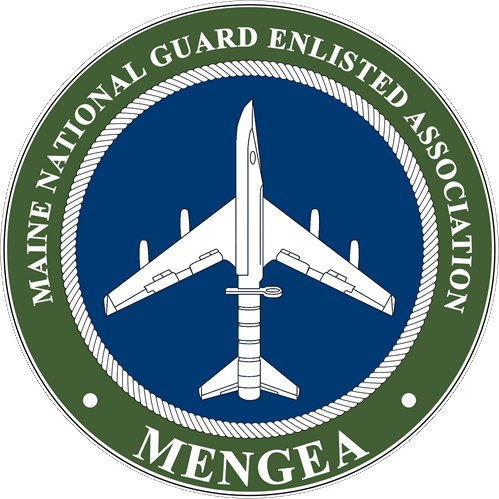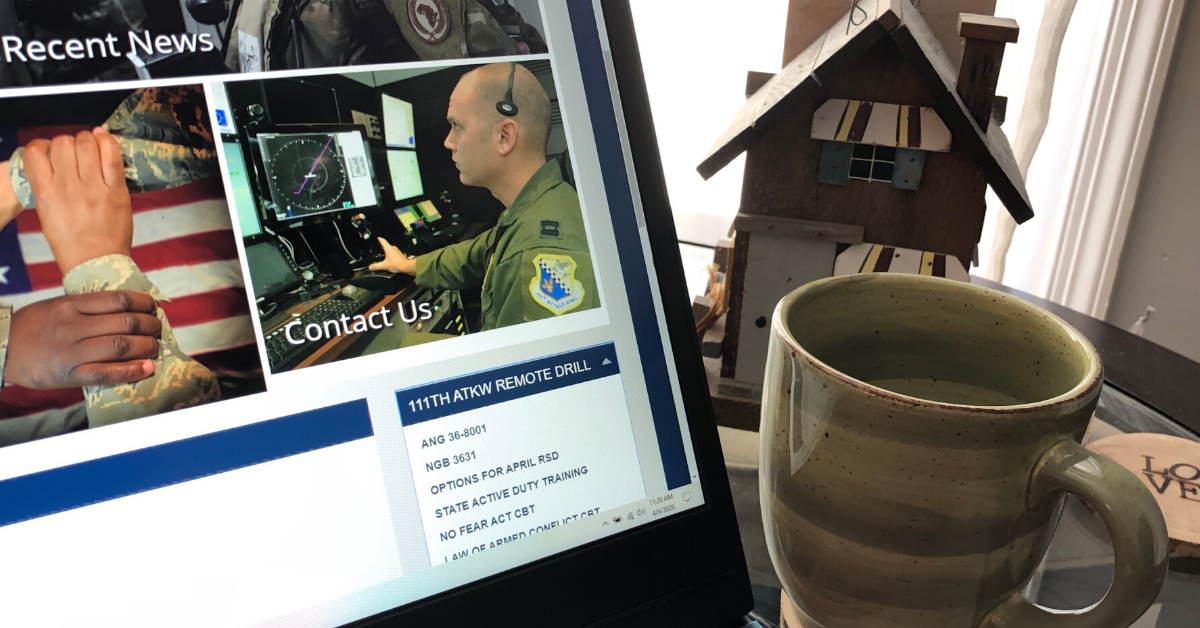The COVID-19 pandemic is reshaping the American way of life and National Guard bases and armories are not immune.
Amid social distancing guidelines and growing infection numbers, officials in each of the 54 states, territories and the District of Columbia are taking steps to protect Guardsmen while also ensuring future readiness and soldier and airman financial stability.
That means rethinking drill weekends for traditional Guardsmen and altering work schedules for the full-time force to balance health and safety with the work needed to ensure future mission success.
Some states and territories have introduced virtual drills for Guardsmen not called to duty during the continuing coronavirus outbreak. Others have split maintenance jobs into multiple shifts to ensure social distancing or allowed for remote work. And many have introduced daily temperature checks and medical screenings at major facilities.
With many Guardsmen out of work in their civilian jobs, or depending on allotments from their drill checks to cover their TRICARE Reserve Select premiums, some Guard leaders believe they have a responsibility to ensure their soldiers and airmen are able to perform their duties, even amid the unique requirements.
In Kentucky, drills will proceed as scheduled, but commanders are taking additional protective measures, including distributing face masks, conducting medical screenings and enforcing social distancing guidelines.
In Oklahoma, leaders have turned to technology to keep service members safe while fulfilling requirements.
“As you know, we’re doing a virtual drill in April,” Maj. Gen. Michael Thompson, the adjutant general of Oklahoma, told his Guardsmen in a message to the force last week. “I thought that was important so it would give you an opportunity to still make drill and still hit some of the points and training that we need to do that we traditionally don’t have time to do.”
Thompson has also relaxed grooming standards, as have many of his counterparts in other states, due to the mass closure of barbershops. “Just do the best you can with it,” he told Guardsmen.
During the virtual drill, which has also been approved for May, soldiers will be required to complete at least four hours of online instruction each day via the Army’s Learning Management System. The courses soldiers can take vary, but need to be certificate-awarding, said Lt. Col. Geoff Legler, a state spokesman.
The virtual drills also include time periods for individual physical training and unit-specific instruction. Soldiers without access to the internet are reporting to the closest armory to use Guard computers, which have been spaced to enforce social distancing standards.
In Pennsylvania, airmen of the 111th Attack Wing participated in their first virtual drill this past weekend. Leaders said they want to keep airmen safe during the pandemic, but said they are also wary of Guardsmen becoming too isolated. They have ensured the wing’s director of psychological health, chaplain and airmen and family readiness group leaders are available.
Connecticut has also been approved for virtual drills, however, it is up to the commander’s discretion, officials said. In addition to Army courses, Guardsmen in that state may also complete distance learning offered by the Federal Emergency Management Agency and other organizations.
Legler said states have opted for virtual drills as the best way to protect service members while ensuring they are also paid on time.
“Allowing them to continue to get paid is an important thing and its good for retention too,” he said.
Most states have issued stay-at-home orders. But in those that haven’t, states are exploring the best ways to keep service members engaged and ready while also honoring the Pentagon’s stop movement order.
“Some of our airmen can’t travel the distance from their home to drill without the approval of a general officer because of the stop-movement memo,” said Capt. Jessica Bak, a spokesman for the South Dakota Air Guard. “We’re looking at rescheduling drills and exploring options for a virtual drill.”



